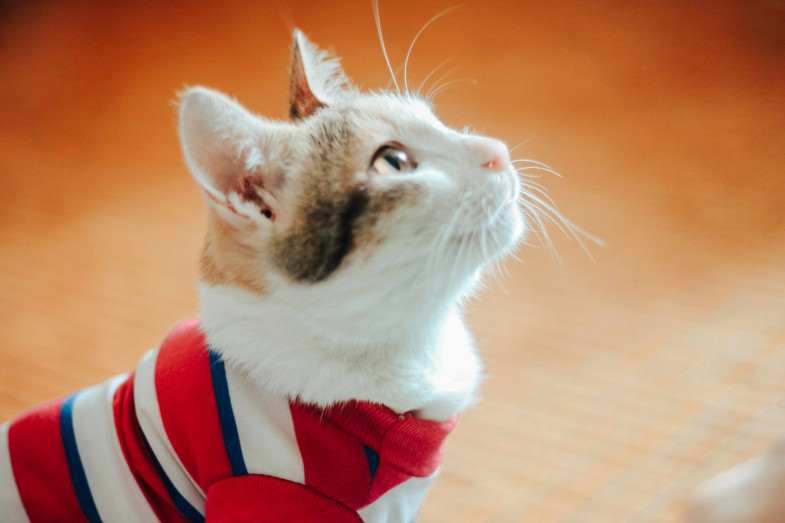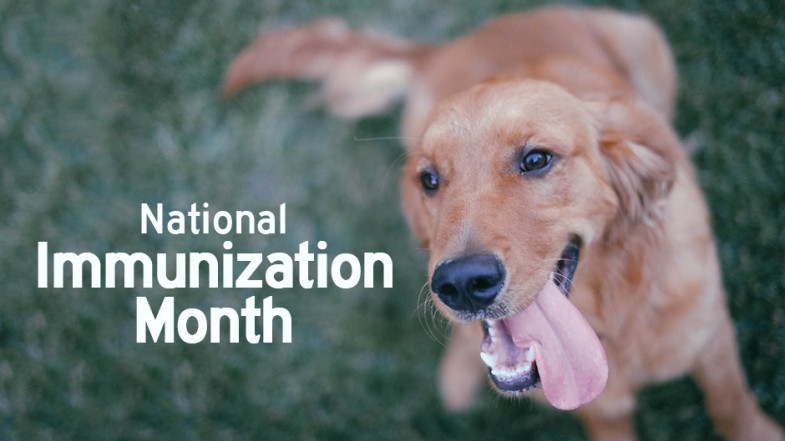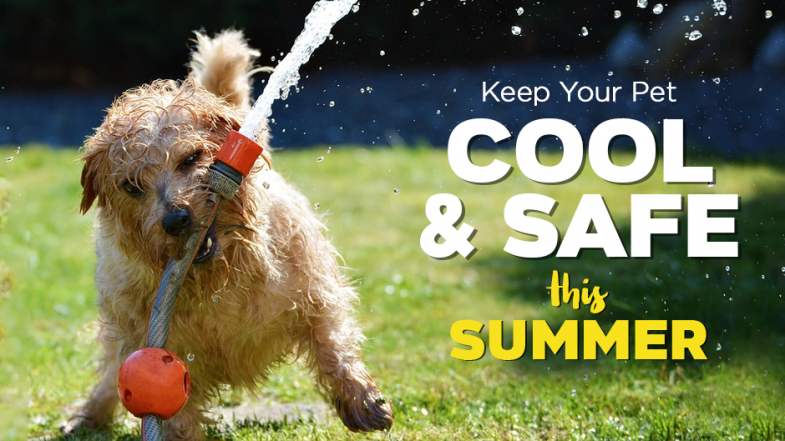Magnolia Veterinary Hospital News
Preventive Care Explained: How Small Steps Make a Big Difference

When was the last time your pet saw the veterinarian for a checkup, not because they were sick, but just to stay healthy? Preventive care is one of the most important ways to give your pet a longer, happier life. It’s not about doing one big thing. It’s about the small, consistent steps that help avoid bigger health problems later on.
The Busy Holiday Season: Making Time for Your Pets

The holidays are full of sparkle, laughter, travel, and to-do lists a mile long. As joyful as this season can be, it often means busier schedules and less time for everyday routines. In the middle of the holiday rush, it's easy to overlook one very important family member: your pet.
Categories
Recent Posts

Nothing hurts pet parents more than believing their pet is in pain. And we can’t blame them. It’s hard to know exactly how much pain or discomfort our lovable pets may be in since they can’t ask for aspirin or show us where it hurts.

August is here, bringing plenty of sunshine and joy. Do you know what else August provides pet parents? A chance to take a moment and meditate on your dog’s health. That’s right! August is National Immunization Awareness Month, or as we like to think of it: “National Protect Your Pets and Help Them Live a Long and Happy Life Month” - but that’s a bit of a mouthful!

Summer is here! Whether you have a hairless Sphynx or a hairy Husky, the heat this time of year can be dangerous for pets. Whatever the breed or size of your kitty or canine, there are a few things to keep in mind when it comes to keeping your pet safe and comfy as the mercury rises.